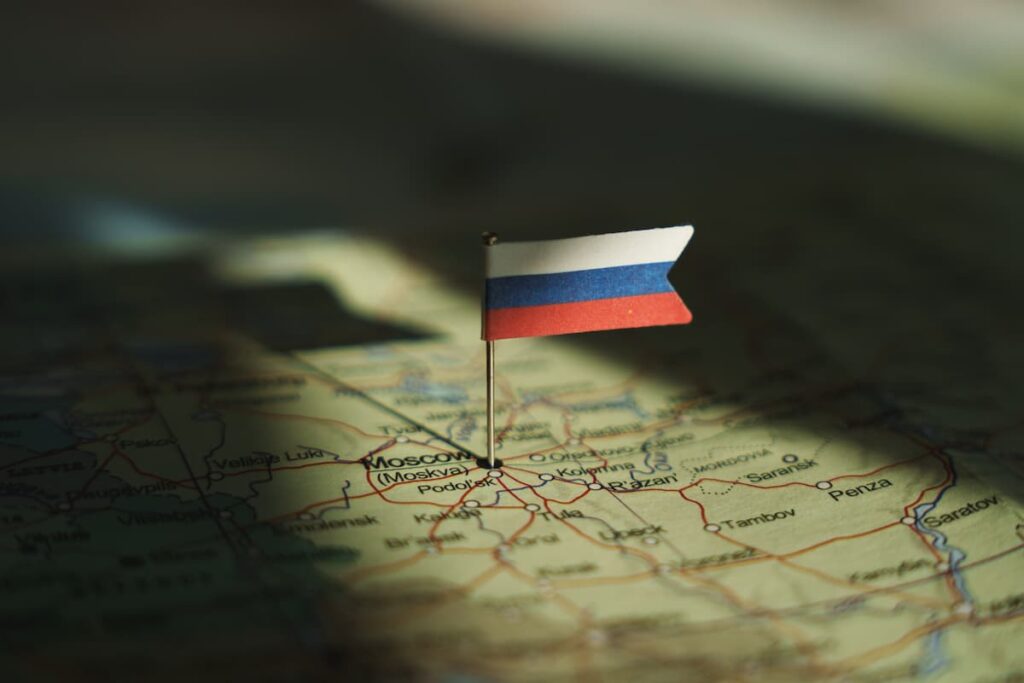Workarounds and loopholes allow Russian citizens to vacation in Europe, drawing criticism and calls for tighter restrictions.
More than three years after Russia’s invasion of Ukraine, Russian tourists continue to travel across Europe, despite visa restrictions, suspended flight routes, and political condemnation. While several countries have moved to block most tourist visas, loopholes in the Schengen system are allowing many Russians to bypass restrictions — frustrating critics who say the sanctions lack cohesion and moral clarity.
According to EU data, more than 565,000 Schengen visas were granted to Russian citizens in 2024 — a far cry from the 4 million issued in 2019, but still a 25% increase from 2023. Roughly 90% of these were for tourism.
Countries including Latvia, Finland, Estonia, Lithuania, Poland, Norway, and the Czech Republic have implemented near-total bans on tourist visas for Russians. Yet, travelers like influencer Egor Melo report visiting several of these countries without issue. His workaround? Apply for a visa from a more lenient Schengen state like Italy or Spain, then enter restricted countries from within the Schengen Zone, where internal border controls are minimal.
“This is not unlawful,” said legal expert Sarah Ganty, who co-authored a Yale Journal of International Law paper opposing blanket bans. “This is the Schengen system.”
Workarounds, Loopholes, and Growing Demand
Travel forums, visa assistance agencies, and travel bloggers describe various tactics for entering banned countries: apply for tourist visas via France, fly to Rome or Madrid, and continue overland or by air to the Baltics or Scandinavia. According to Visateka, a St. Petersburg-based agency, visa approval rates to France, Italy, and Spain hover around 93%. They claim to have helped obtain dozens of visas for entry into countries that officially deny them to Russian tourists.
Even Russian travel agencies are offering tours to places like Latvia and Finland, advertising full itinerary support and visa application assistance. The agency YouTravel is currently promoting a 15-day trip through four countries — three of which have visa bans.
Another workaround is acquiring longer-term residence permits, such as Spain’s digital nomad visa, which some Russians are now using to bypass tourist visa restrictions altogether.
Ethical Concerns and Calls for EU Unity
Some EU officials say this fragmented enforcement undermines the purpose of the visa restrictions. Rihards Kozlovskis, Latvia’s minister of internal affairs, has urged fellow member states to implement uniform bans. Speaking at the EU Justice and Home Affairs Council, he cited border crossings, sabotage threats, and propaganda concerns as reasons for stronger action.
“We urge all member states to take this threat seriously,” Kozlovskis said, referencing recent acts such as the burning of the Museum of the Occupation and drone incursions.
Still, not all agree. Ganty argued that the bans may breach EU law, particularly when they impact people with family ties, health needs, or opposition to the Russian regime. “We need to continue the dialogue with Russian citizens who are trying to flee or oppose the government,” she said.
Others, like Ukrainian-American analyst Mark Temynsky, view the ongoing tourism from Russia as morally troubling. “In Greece and Cyprus, Russian speakers were on vacation while my friends and family in Ukraine can’t leave the country or feel safe,” he told CNN.
The Eu’s Response: Mixed Enforcement, Rising Scrutiny
The European Commission insists it is monitoring the implementation of guidelines via the Blueprint Network, the body responsible for migration oversight. Some member states, like Hungary and Romania, have loosened restrictions in response to declining tourism revenue.
As the war drags into its third year, the debate continues: Are visa bans a legitimate pressure tactic or symbolic gestures weakened by loopholes?
For now, Russian tourists continue to move through Europe — legally, if controversially.


